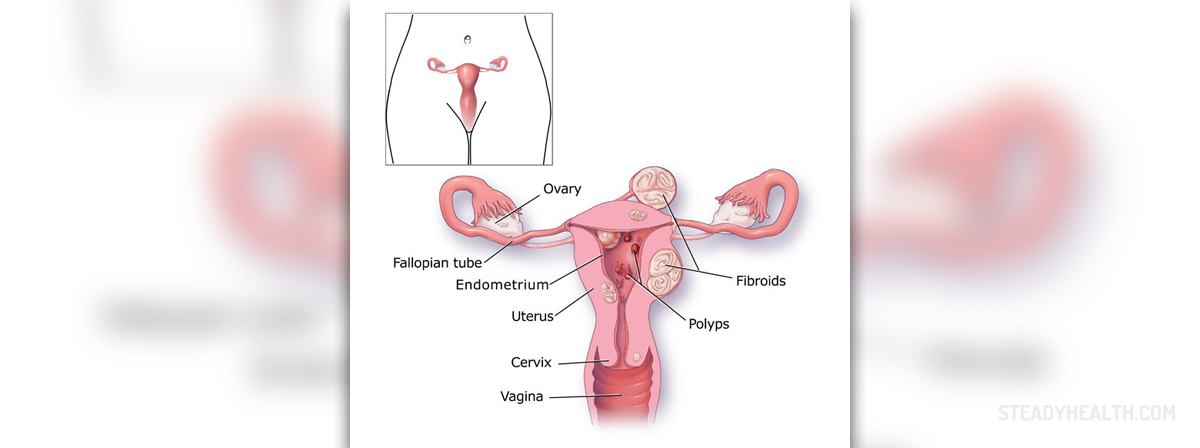
Women can have certain problems during menstrual cycles, and one of these problems is a condition called menorrhagia. This menstrual bleeding problem can remain for just one cycle or it may be extremely persistent. The condition induces heavy bleeding. The bleeding can be considered heavy if you have to change a tampon every hour, if you frequently change sanitary protection, have a need for double protection, or if the cycle lasts more than seven days. These are some of the symptoms of heavy bleeding, along with extreme bleeding, and always remember that, if you are having problems with heavy bleeding, a visit to the doctor's office is necessary.
Causes
Conditions like cancer and uterine fibrosis can cause this bleeding. The heavy bleeding can suggest many other conditions, which can be very serious and ever lethal. In some cases, pelvic pain was experienced. When discussing the causes of menorrhagia, it should be mentioned that some consider that estrogen is the main reason for the creation of this condition. The excessive estrogen is the cause, to be precise. Monitoring of the creation of the endometrial tissue is one of the functions of estrogen, and when the creation of this tissue is abnormal, the bleeding becomes abnormal. In order to prevent the production of estrogen dominance, you need to take care of your diet and weight, exercise on regular basis, consume a lot of fiber, drink a lot of fluid, decrease exposure to xenoestrogens (substance found in certain cosmetic products) and look out for phytoestrogens (they are plant estrogens).
Prevention
Now that we have stated the cause and types of prevention in the menorrhagia caused by excessive estrogen, we can talk about the thyroid conditions, another possible cause for menorrhagia. Symptoms experienced in menorrhagia caused by thyroid conditions include hoarseness, thinning hair, cold intolerance, cramps and aches of the muscles, enlarged thyroid gland, extreme weight increase, fatigue and face and extremities swelling. The third cause of menorrhagia is the deficiency of vitamin K. If the bleeding is thin and very long lasting, deficiency of vitamin K may be evident. If there is a reduction of vitamin K in human body, the blood clotting is impaired, since this is the function of vitamin K. Be very careful if you decide to take vitamin K, and remember never to use its supplements, because they can be consumed only in extremely serious case of menorrhagia. People with a history of stroke, blood clots, and similar conditions should not take vitamin K without prior consultation with the doctor. Next cause of the condition is the use of blood thinning medications, so try to work out different therapy with your doctor. Missing and skipping period can provoke this condition. Improper pads and protection can also cause menorrhagia. Try to find the most natural and comforting products for your use.

















Your thoughts on this
Loading...